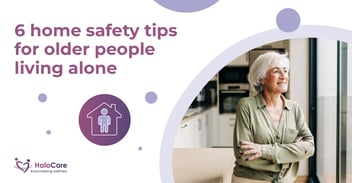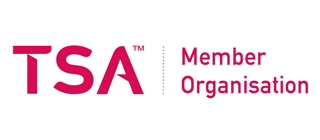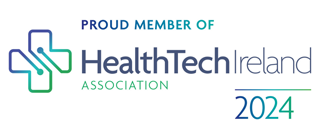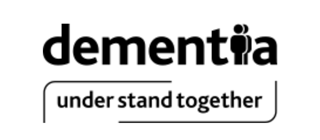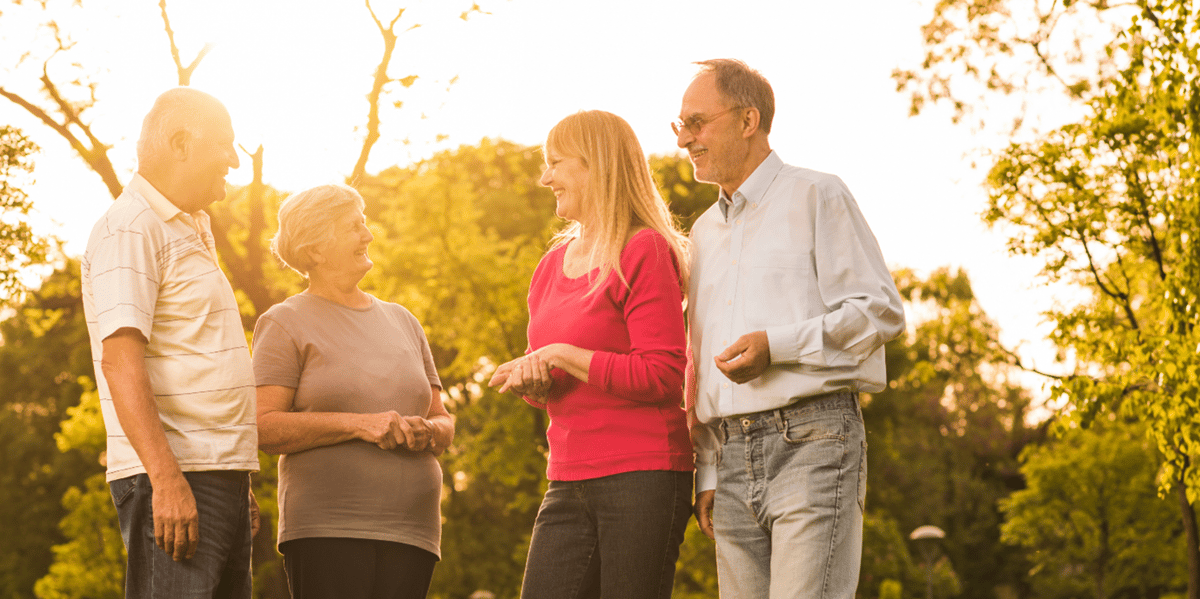
Lockdown was a challenge globally. While extraverts itched to get back out and socialise, many people have found themselves to be more introverted than they were two years ago. Now, as the world has opened up again, people find themselves wanting to stay tucked in at home. Increased anxiety at the thought of returning to the outside world almost too much to bare. Worldwide people found comfort knowing they weren’t alone in those feelings.
COVID-19 has had devastating effects since it began, but older people have had the toughest time of all. Ireland now needs to find a solution to the isolation and worry older people have been put through these last few years.
A collaborative report published by researchers at the Irish Longitudinal Study on Ageing (TILDA) and ALONE analysed issues of loneliness and social isolation in older people. The report offered fresh insight into the experiences of those over 70 who were advised to cocoon as part of public health measures to reduce the spread of the COVID-19. New data from ALONE which documents increased feelings of loneliness, anxiety and isolation in older adults throughout the pandemic, is compared with experiences of loneliness and isolation in older adults before the COVID-19 outbreak.
Previous research into this area has shown that strong social ties may protect people from emotional distress, cognitive decline, and physical disability, while loneliness and social isolation can cause harm to physical and psychological wellbeing. Both loneliness and social isolation have been strongly associated with poorer quality of life and other measures of well-being.
Loneliness and anxiety are some of the most common side effects of COVID-19 and it is understandable why older people may feel this pull of emotions. People can feel lonely and in need of social interactions but feel stress and anxiety at the thought of leaving the comfort of their own homes which have given them safe haven for over two years now. Communities need to be made a safe space again for people, where they can socialise and thrive once more.
When trying to integrate people back into the community, open spaces can be a great first step. Hosting events such as family fun days and Farmers markets allow people to socialise at a distance they are comfortable with. Events like this can also allow people to get involved. It creates a bonding experience for them after being isolated from each other for so long.
Getting involved in old hobbies again can be a great way to get back out in the community. It can be daunting to think about leaving home but doing activities that were almost routine before COVID-19 might make the task feel smaller. Bingo on Thursday or a Saturday morning walk can bring comfort to people now.
When getting involved in the community again, it is essential to do so at one’s own pace and at a time that is suitable for them. No two people are the same so take things one step at a time.
How can HaloCare Help:
HaloCare is a 24/7, 365-day solution for people who wish to remain independent in their own homes but need a little extra support day-to-day. HaloCare was created in the height of Covid-19, with our older people at the heart of it.
The solution is designed to alleviate social isolation through our age friendly HaloPad tablet. The tablet allows two-way communication between the client and their loved ones. It also allows for communication between our Care Hub and the client. Comfort calls are given by the Care Specialists daily, weekly or however often the client desires. This ensures the client always has someone to talk to when they need to. HaloCare also offer solutions for outside of the home. HaloCare Active is a GPS device which is worn by the client and has built-in two-way communication between the Care Hub and the client. When feeling overwhelmed, confused or anxious the client can communicate with the Hub who will then ensure they get the help they need.
